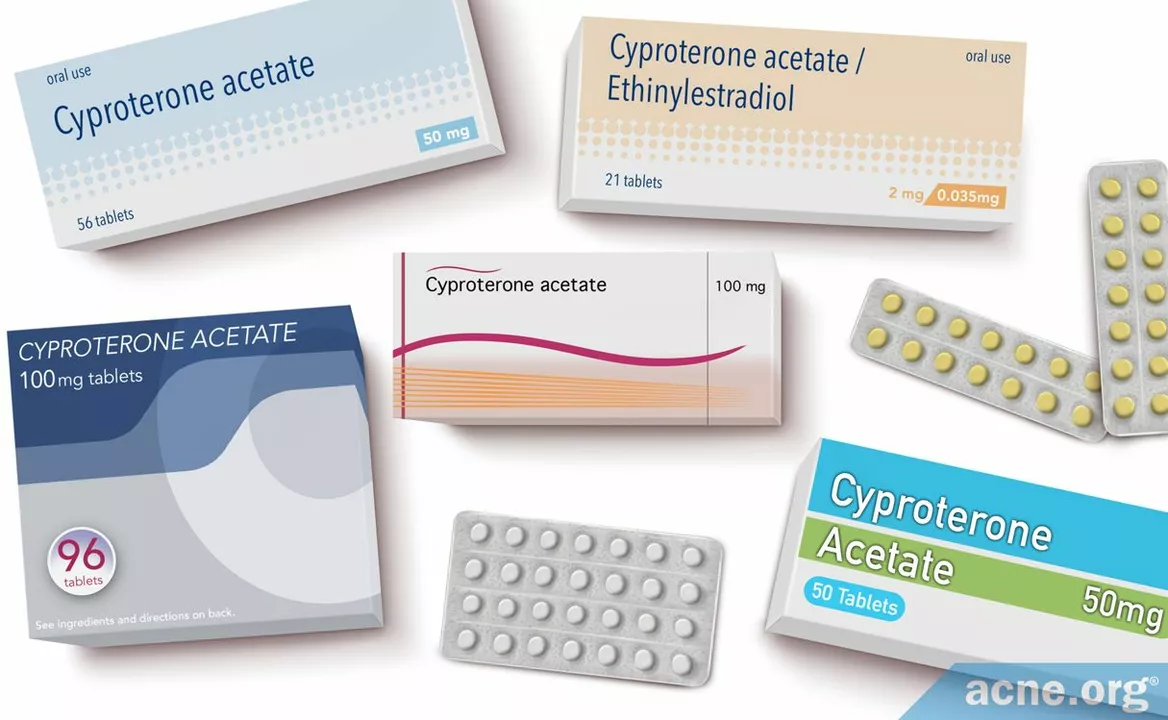Cyproterone acetate: uses, safety, and alternatives
Cyproterone acetate is a prescription anti-androgen and progestin. Doctors use it to lower male hormones (androgens) in conditions like severe acne, painful or unwanted hair growth (hirsutism), prostate cancer, and sometimes in gender-affirming hormone care. It works by blocking androgen receptors and reducing production of testosterone.
Sounds useful, right? Yes—but it’s strong medicine. This isn’t something to try without medical supervision. If you or someone you care for is being offered cyproterone acetate, here are clear, practical things to know and ask the prescriber.
What to expect and common side effects
People often see effects on mood, libido, and energy. Common side effects include fatigue, weight change, breast tenderness, decreased sexual desire, and mood shifts. Liver enzyme changes can happen, so doctors usually check liver blood tests before and during treatment. Headaches or visual problems are less common but can be serious—report them right away.
There are rare but important risks: high cumulative doses have been linked with an increased risk of meningioma (a type of brain tumor) and blood clots in some settings. Pregnant people should not use this drug—it can harm a developing fetus. Always tell your doctor about any history of liver disease, blood clots, or mood disorders before starting.
Safety, interactions, and practical tips
Cyproterone acetate interacts with other medicines and supplements. Tell your provider about all medications, including herbal products. Avoid self-adjusting the dose or stopping suddenly; follow the plan your clinician gives you. If you smoke and are taking hormone therapy, discuss clot risk—the combination can raise danger.
Monitoring is simple but important: expect periodic blood tests for liver function and, for long-term high-dose use, possible brain imaging if there are persistent headaches or vision changes. Keep a symptom diary for the first few weeks—mood and energy changes show up fast and are worth noting for your next appointment.
Not sure if cyproterone acetate is the right pick? Alternatives include spironolactone, finasteride, and different hormonal routes depending on your condition. Each option has trade-offs—efficacy, side effects, and monitoring differ—so talk specifics with your clinician.
Quick checklist before you start: 1) Confirm it’s a prescription from a licensed doctor. 2) Get baseline liver tests and a clear plan for follow-up. 3) Discuss mood history and clot risk. 4) Ask about alternatives and why this medicine fits your case. 5) Know who to call if you have severe headaches, vision changes, or signs of a clot (sudden leg pain, chest pain, shortness of breath).
If you want more reading, search our site for condition-specific posts and check trusted medical sources. And if you need help finding a reliable pharmacy or understanding prescriptions, reach out to your healthcare team first. Safety matters more than convenience when it comes to hormones.
Cyproterone Acetate and Diabetes: What You Should Know
- Robin Tudge
- April 29, 2023
- 5 Comments
As a blogger, I recently came across some important information regarding the link between Cyproterone Acetate and diabetes that I believe everyone should be aware of. Cyproterone Acetate is a medication commonly used to treat various conditions, including acne, hirsutism, and hormonal imbalances. However, studies have shown that the use of this drug might increase the risk of developing diabetes in some individuals. It's crucial for patients taking Cyproterone Acetate to regularly monitor their blood sugar levels and have open discussions with their healthcare providers. By staying informed about potential side effects, we can make better decisions for our overall health and well-being.
read more
